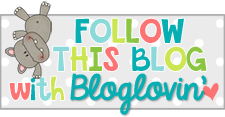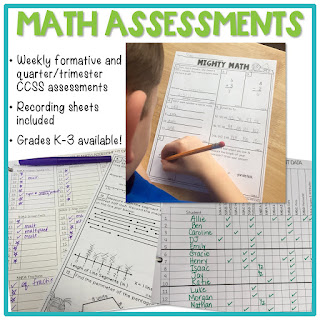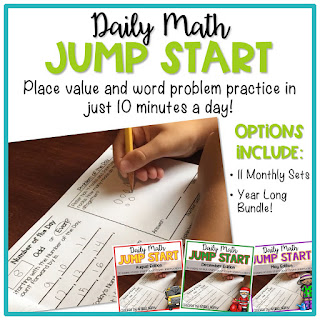"Teacher, how do you spell ______?"
Is it just me, or is that question like nails on a chalkboard to you? How do we deal with this age-old question our students ask us a million times every day? As teachers, we know that spelling isn't our main focus during writing time. We know the importance of invented spelling, students applying what they know about letter sounds and spelling patterns, and stretching words out.
However, instead of simply telling students to "stretch it out and write what you hear" and sending them back to their seats, we need to give our students more concrete resources and tools so that they don't feel like we've just rejected them. I want to empower my students by giving them the tools and the resources they need so that they can be independent writers.
3
Is it just me, or is that question like nails on a chalkboard to you? How do we deal with this age-old question our students ask us a million times every day? As teachers, we know that spelling isn't our main focus during writing time. We know the importance of invented spelling, students applying what they know about letter sounds and spelling patterns, and stretching words out.
However, instead of simply telling students to "stretch it out and write what you hear" and sending them back to their seats, we need to give our students more concrete resources and tools so that they don't feel like we've just rejected them. I want to empower my students by giving them the tools and the resources they need so that they can be independent writers.














